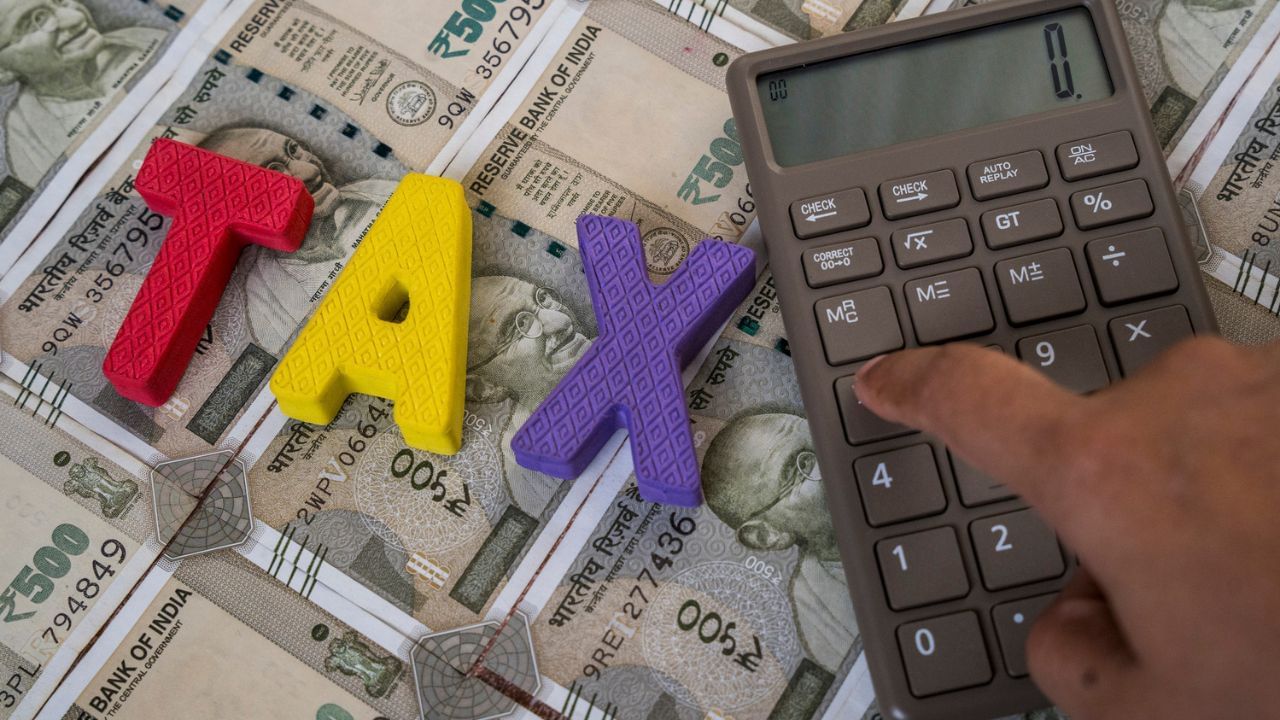deposit limit
You deposit money into your account and keep depositing it. But do you know that your account is always monitored by the Income Tax Department. If there is more money in the account than a limit, the department can send more notices. Let us give you all the information about the maximum deposit.
Recently a case related to this has come to light. In a significant judgment, the Income Tax Appellate Tribunal (ITAT) in Delhi has quashed a six-year-old case related to a large bank transaction, which had come under the scanner of the tax department and had turned into a full-fledged tax battle.
The trouble started when a taxpayer deposited Rs 8.68 lakh in his bank account and received a notice from the Income Tax Department. Initially, the tax officer treated the matter as a simple case of “limited investigation” an assessment aimed only at confirming the source of the cash deposited.
What was the decision?
However, the Assessing Officer in the case decided to take the matter a step further during the proceedings and initiated proceedings under Section 44AD of the Income Tax Act, treating it as presumptive business income. This section considers the related amount as business profit. Kumar took the matter to the Commissioner of Income Tax (Appeals) or CIT (A), but his case was rejected. Not giving up, the taxpayer moved the Income Tax Appellate Tribunal (ITAT) and finally won on September 22, 2025. ITAT ruled that such an extension was not legally acceptable. However, this case brings to light the ill effects of depositing large cash amounts in your bank account. Here’s how you can avoid tax notices on bank deposits.
Are bank deposits taxable?
Cash deposited into your bank account is generally not taxed, but such transactions are among the most worrisome, as they often indicate accumulation of unaccounted money in the formal financial system. Banks and co-operative banks are required to inform the Income Tax Department if a person deposits Rs 10 lakh or more during a financial year. This limit applies cumulatively to all accounts of the taxpayer linked to PAN. If you deposit unusually high cash in your bank account, you are likely to receive a notice from the Income Tax Department. The tax department is entitled to investigate the source of the deposit and you will have to inform the tax officer about the transaction by writing a reply.
stay safe like this
If you want to avoid tax notices on bank deposits, it is better to stay within the limit. Even if you deposit large amounts, you should still keep documents explaining the transaction ready so that you can easily respond to the tax officer when you receive a notice. If you receive a notice, you will need to provide an explanation about the transaction to avoid legal trouble.
